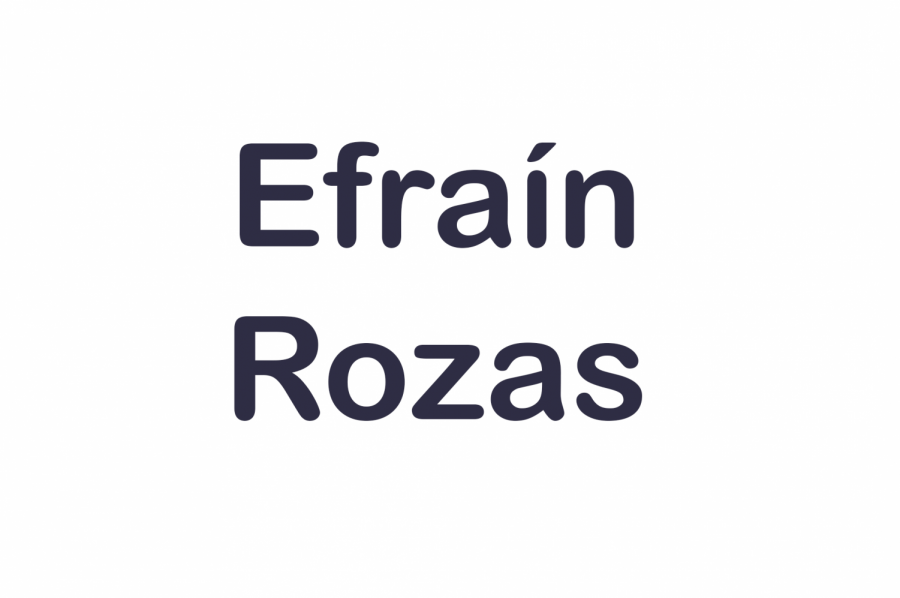Efraín Rozas Uses Music to Explore Humanity
In the highly conventionalized setting of a classroom in NYU’s Silver Center for Arts and Science sits Efraín Rozas. Rozas is currently teaching a course called “The Art of Listening,” which introduces a small classroom of students to approach music in a new light. Between challenging Western normalities and bringing in case studies of music from every genre and area of the world, his class looks to not only deconstruct the piece of music itself, but also the history, events and thought processes that went into creating it.
Rozas has been experimenting with these ideas for much of his professional and intellectual life; his work in the classroom is just scratching the surface of his creative projects. A majority of what he brings to NYU’s campus and students is inspired from his personal inquiries and work. Between an experimental salsa band by the name of La Mecánica Popular, a radio show based in Lima and robot-oriented projects of music and artificial intelligence, Rozas solidifies his interests and curiosities through a diverse array of undertakings.
The overarching glue that ties together all of his work, no matter how unconventional or crazy it may seem, is his experimentations with technologies, Latin-American cultural background and ability to have his curiosity pioneer whatever questions linger in his mind.
Rozas was born and raised by a middle class family in Peru. Music was a natural calling for him from a very early age, and it quickly translated into a passion for music in his older years and, most recently, his intellectual work. He obtained his PhD and has been a teacher’s assistant many times before. However, this school year marks the beginning of his role as a professor.
Within the classroom, Rozas hopes to teach students how to use music as a vessel to explore and figure out the deeper questions surrounding humanity. He wants students to find themselves asking new questions every class and getting lost in the abstract thought of the course’s themes. Class discussions within the course have ventured from Beyoncé’s Super Bowl performances and the song “We Are The World” to African rituals of possessed tribe members and notions of cyborg feminism. With each case, the students, guided by Rozas’ findings and questions, elaborate on the socially constructed world and try to figure out what broad notions of freedom and interconnectedness amongst humans have to do through various art forms and ideologies.
The world catalyzes many questions about how we got to where we are today, and Rozas is approaching omit these questions and deconstructing them through their relation to music. From exposing how social constructs dominate our Western-oriented epistemologies to sharing his interest in polyrhythmic music and collective trances, Rozas is an unconventional thinker in an overly conventional school environment. His approach to learning is nothing short of frustrating yet eye-opening with the mind-boggling theories students find in his course.
Email Michael Muth at [email protected].

